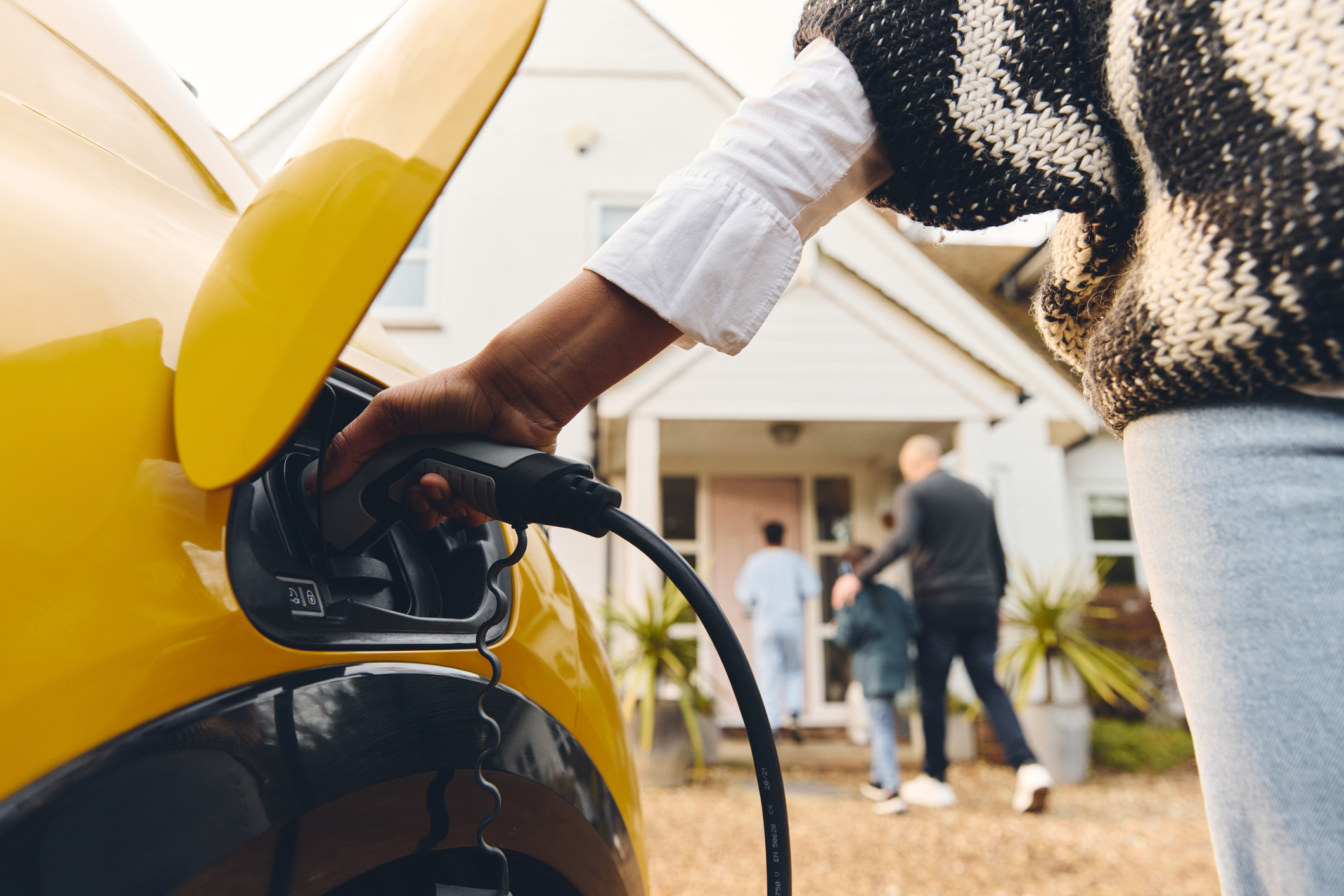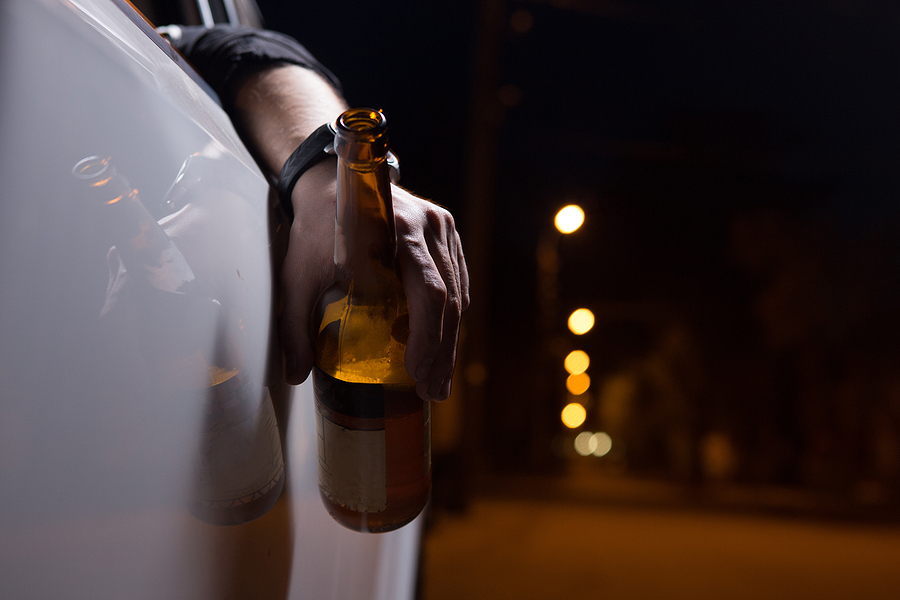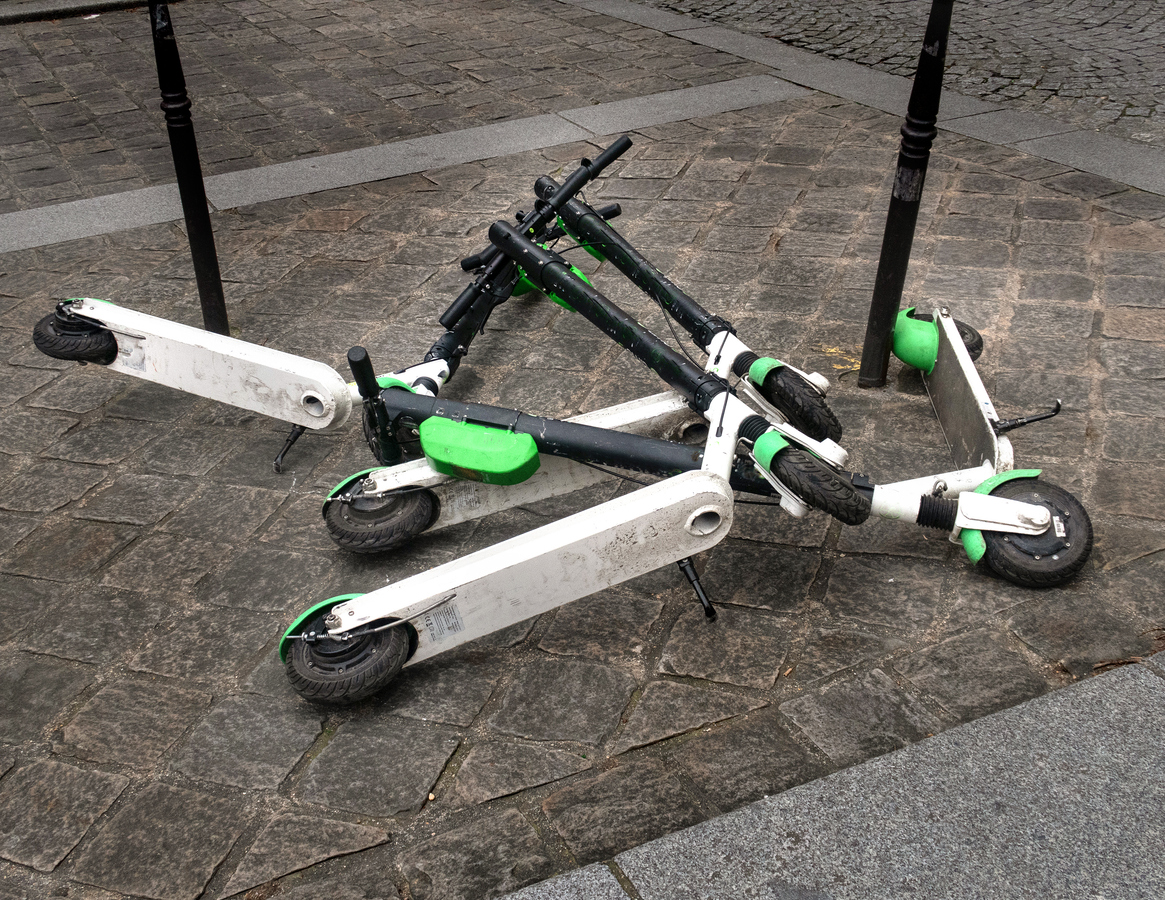Can I Be Charged with Driving Under the Influence if I’m in an Electric Car on Autopilot?
In the age of Tesla vehicles that offer autopilot, some people might think they can use that autopilot function as a sort of Uber or cab ride, allowing them to travel while intoxicated while not actively driving. However, while it may feel like an electric car on autopilot has complete control, technically, it doesn’t. That’s because the technology used for the autopilot feature isn’t completely autonomous, and so the human driver is still considered responsible for the vehicle’s overall function and performance. The driver is also expected to be sober enough to take control of the vehicle if it malfunctions.
This may change as the autopilot technology becomes more sophisticated and reliable. But at this point, it’s best not to use autopilot if you’re driving under the influence of drugs or alcohol (DUI).
Can I Be Charged with a DUI When Riding an E-Scooter?
The answer varies by state, but California DUI laws specify that driving under the influence is forbidden in any vehicle, including e-scooters (such as a Lime or Bird rental). California defines a vehicle as any device that can be moved by something other than human power. A regular scooter wouldn’t necessarily be considered a vehicle subject to DUI charges because it’s propelled by humans, not motors.
Are DUI Charges and Consequences if Convicted Different if They Involve an Electric Vehicle?
No. Driving under the influence doesn’t depend on what type of vehicle you’re in. Instead, the variables of how someone is charged or what consequences they may face focus on the driver’s age, level of intoxication, if there was an accident involving other vehicles, if anyone was injured or killed, if the intoxicated driver was driving a commercial vehicle for work, or any previous history of DUI convictions.
Regardless of what type of vehicle is used or what the extenuating circumstances may be, being convicted of a DUI can have significant consequences (see below). It’s crucial to work with an experienced DUI defense attorney to try to mitigate the more severe outcomes.
What Are Possible Consequences of Being Convicted of a DUI in California?
There are several possible consequences that each depend on a number of variables. This is a basic outline of what might happen, but each case is unique and may have different outcomes. In California, a DUI may be charged as a misdemeanor or a felony. A misdemeanor is a lesser charge that could result in lesser consequences.
- First offense. This is for people who have no previous DUI arrests. If convicted, the driver may be sentenced to jail for up to six months, pay fines of up to $1,000 or more, have their driver’s license suspended, and may be required to have an ignition interlock device (IID) installed in their vehicle.
Wet reckless. This is a slang term describing what happens when a prosecutor is willing to reduce the DUI charges, often to reckless driving with alcohol involvement, which is less severe than DUI. Someone convicted on a wet reckless charge usually doesn’t face jail time and could be sentenced to reduced DUI school, fines, and probation time. However, even if the charge is reduced, it still counts as a prior, meaning if someone is arrested later for DUI, the wet reckless will count against them even if it wasn’t a full DUI conviction. - Second offense. When someone is arrested for DUI in California, law enforcement and courts can look back ten years at their record. If there’s a DUI conviction in the previous ten years (including a wet reckless), consequences could include ten days to one year in jail, fines and penalties of more than $2,000, a two-year license suspension, a lengthier DUI class, possibly the installation of an IID.
- Third offense. A third DUI arrest within ten years of the first can lead to 120 days to one year in jail, fines and penalties up to $3,000, a three-year driver’s license revocation, 18 months of DUI school, and a possible IID installation.
- Fourth offense. This is when the charges usually shift from misdemeanor to felony. Other types of felony DUIs include a DUI that caused injury or death to someone. Some felony conviction consequences include a minimum of 180 days in jail, at least $3,000 in fines, and a four-year license revocation. If someone was bodily injured by the DUI driver, the driver may end up spending more than ten years in prison, $5,000 in fines, and money paid to the victims.
Again, these are examples and guidelines, not hard and fast. It’s vital to understand that any of these charges could be worsened by several factors, including if there was a minor riding in the vehicle with the DUI driver or if the driver committed a hit-and-run against another vehicle.
What Should I Do if I’ve Been Charged with a DUI While Driving an Electric Vehicle?
Call Patrick Silva, Attorneys at Law, at 909-500-4819 for a free consultation. Being convicted of a DUI can have long-lasting repercussions. Our team of experienced, knowledgeable DUI defense attorneys can review your case and the charges to determine what might be the best defense to arrive at the most desirable outcomes. We know how stressful this is for you, and we’re on your side all the way.




